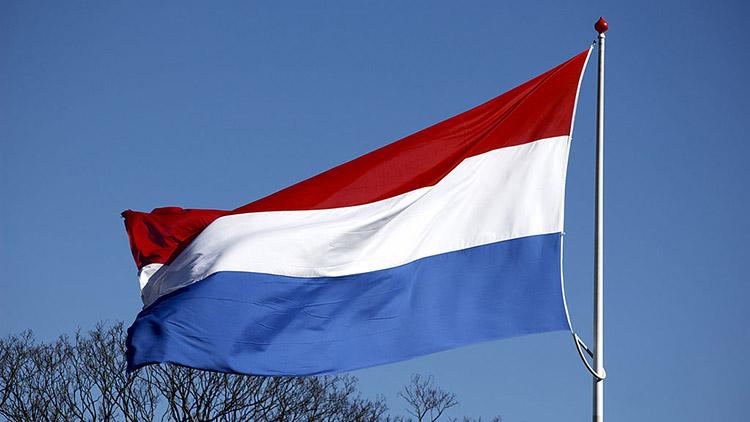Language of instruction remains a hot topic
Positive response to universities’ internationalisation plans: 'A turnaround'

The key measure announced by UNL is that all "major" Bachelor’s programmes will have a Dutch-taught track, allowing universities to limit the number of spots available in the English-taught equivalent.
Rosanne Hertzberger, the spokesperson on higher education matters for the political party NSC at the House of Representatives, welcomes the proposal. “This is what I prefer”, she said, pleased universities have launched an initiative to limit the intake of foreign students and reduce the influence of the English language, out of their own volition. She believes that universities are the most suitable institutions to oversee the consequences of their actions for the sector.
NSC has been calling for speedy measures to reduce the number of programmes taught in English, along with other right-wing parties such as BBB and VVD. NSC accused universities of allowing internationalisation to spiral out of control, treating international students as a cash cow. That said, Hertzberger still has faith in their ability to correct matters. “I think it’s very important that they are now taking these steps on their own. This is a real turnaround.”
What about Master’s programmes?
However, Hertzberger is concerned about Master’s programmes. She wonders why universities have not proposed any measures at that level. “Almost 80 percent of Master’s programmes are taught in English. That’s far too many.”
NSC is not alone in this position. A broad majority in the House of Representatives is in favour of reining in internationalisation - something that PVV, the biggest winner of the elections, have been advocating for years.
Student organisations are also reacting positively to the proposal. The National Students Association (Dutch acronym: ISO) welcomes the “promising plans that take us in the right direction”. Its members hope that universities will act quickly to put an end to “overcrowded lecture halls” and the housing shortage.
Too far
Even D66, a traditional defender of internationalisation in higher education, sees the move in a positive light. Its leader, Jan Paternotte, says: “This is about striking a balance when it comes to internationalisation and that’s what the universities are doing.” However, he is concerned about the intentions of his counterparts in other political parties. “I worry that the pushback on internationalisation is going much too far.”
Paternotte is referring to the plans of the parties currently in talks to form a new coalition, including NSC. They want to make it compulsory to teach all Bachelor’s programmes in Dutch, with a possible exception for universities of technology. “If the job market demands it, surely a maritime course, a hotel school or an international business programme should have the option to teach in English?”
Hertzberger, on the other hand, insists that firm action is needed. Otherwise, universities would stick to the status quo. “There has to be a considered balance where internationalisation is concerned. But universities have shown that serious social and political pressure needs to be applied before changes are made in this area.”
Language of instruction
When it comes to the internationalisation of higher education, the language of instruction is likely to remain the hottest topic, if only because politicians have few other means at their disposal to discourage students from the European Union from coming to the Netherlands. Three-quarters of international students are European, so they enjoy the same rights as Dutch students. If the House of Representatives votes to make Dutch tuition mandatory, interest among students from abroad is bound to drop considerably.
But that’s the last thing Dutch universities want. They would prefer to control internationalisation on their terms, by limiting student numbers for specific programmes, for example. An enrolment cap could be applied to English-taught tracks only, without affecting Dutch-speaking students. This would enable universities to admit the exact number of international students they want.
The only trouble is that this option is not currently available to them under Dutch law. Outgoing Minister of Education Robbert Dijkgraaf has drafted a new bill on internationalisation, which foresees this possibility. However, the bill will only come before the House of Representatives in a few months.
Centre-right party VVD is keen to fast-track this section of the bill. They tabled an amendment in January, which will be voted on soon. The question is whether a majority will support the measure at this stage.